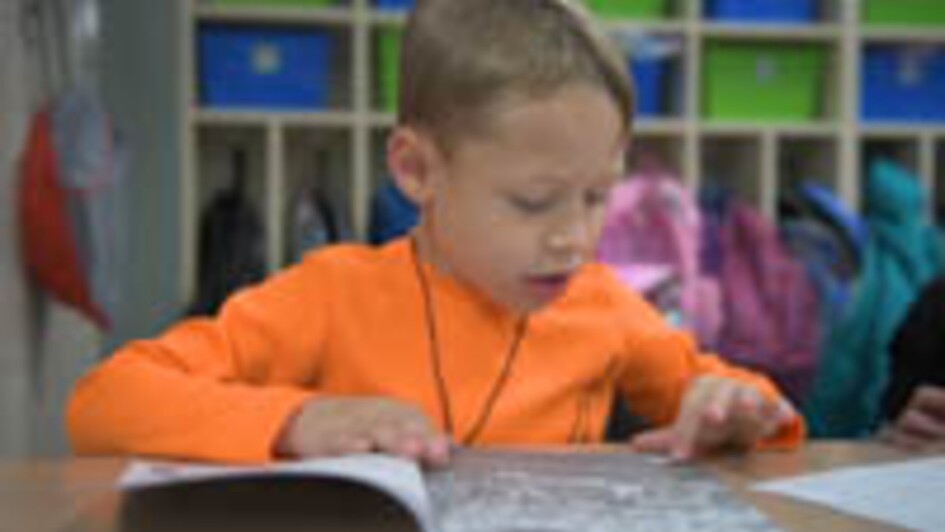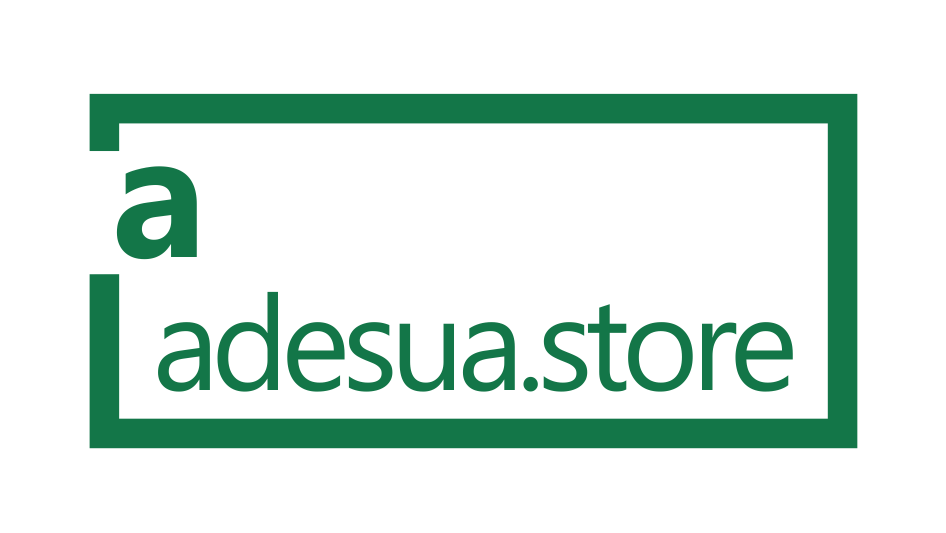

Corrected: A previous version of this article misstated the year Keith Stanovich coined the term “Matthew Effect in Reading.” It was 1986.
NOTE: The text of this article contains annotations. To view the list of annotations, please scroll to the bottom of the page.
How do children learn to read?
For almost a century, researchers have argued over the question. Most of the disagreement has centered on the very beginning stages of the reading process, when young children are first starting to figure out how to decipher words on a page.
One theory is that reading is a natural process, like learning to speak. If teachers and parents surround children with good books, this theory goes, kids will pick up reading on their own. Another idea suggests that reading is a series of strategic guesses based on context, and that kids should be taught these guessing strategies.
But research has shown that reading is not a natural process(1), and it’s not a guessing game. Written language is a code. Certain combinations of letters predictably represent certain sounds. And for the last few decades, the research has been clear: Teaching young kids how to crack the code—teaching systematic phonics—is the most reliable way to make sure that they learn how to read words.
Of course, there is more to reading than seeing a word on a page and pronouncing it out loud. As such, there is more to teaching reading than just teaching phonics. Reading requires children to make meaning out of print. They need to know the different sounds in spoken language and be able to connect those sounds to written letters in order to decipher words. They need deep background and vocabulary knowledge so that they understand the words they read. Eventually, they need to be able to recognize most words automatically and read connected text fluently, attending to grammar, punctuation, and sentence structure.

